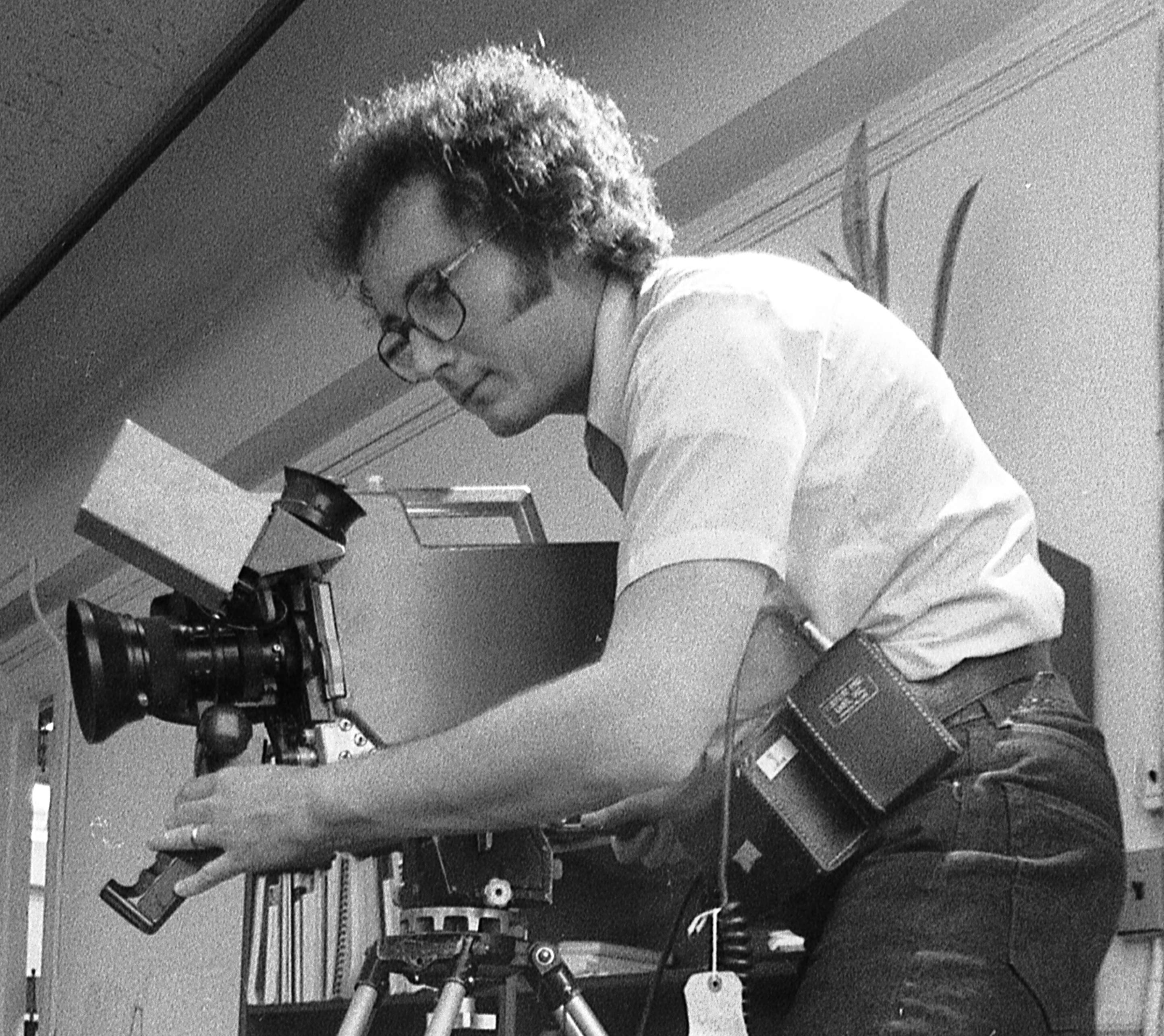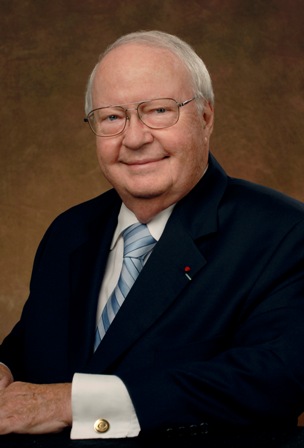
Dr. Joe Flaherty, former Senior Vice President of Technology at CBS and an instrumental figure in the worldwide development of high definition television died last week at the age of 87. TV Technology reached out to some of his industry colleagues for their remembrances of Joe.
Peter Fannon was president of the Advanced Television Test Center and recently retired after a long career with Panasonic.
"It is very hard to imagine a television world without Joe Flaherty. He was—over six decades—a persistent force for global technological progress and industry advancement. Whether responsible for conceiving, building, or integrating new technologies and systems, Joe was a master at inspiring—and yes, sometimes terrifying—others in order to accomplish with him the progressive changes he could foresee would improve television for both content creator and broadcast company, for both TV viewer and online consumer alike.
His personal drive was, to be sure, formidable. He was relentless in pursuit of the new and better, the smarter and more efficient ways in broadcast and satellite spectrum use, studio and newsgathering design, camera and recording technologies, computer-generated imaging, facilities and network interconnection, and display technologies of all sorts. Throughout his career he supported or led research and development in-house, and he worked tirelessly with manufacturers around the world to bring to life new concepts in all of these arenas. He spent uncountable time traveling and working with broadcasters in all parts of the globe, and in international standards bodies, seeking to align ever-improving television technologies in order to effect easy global program exchange, and to spur competition for the best solutions whatever the issue.
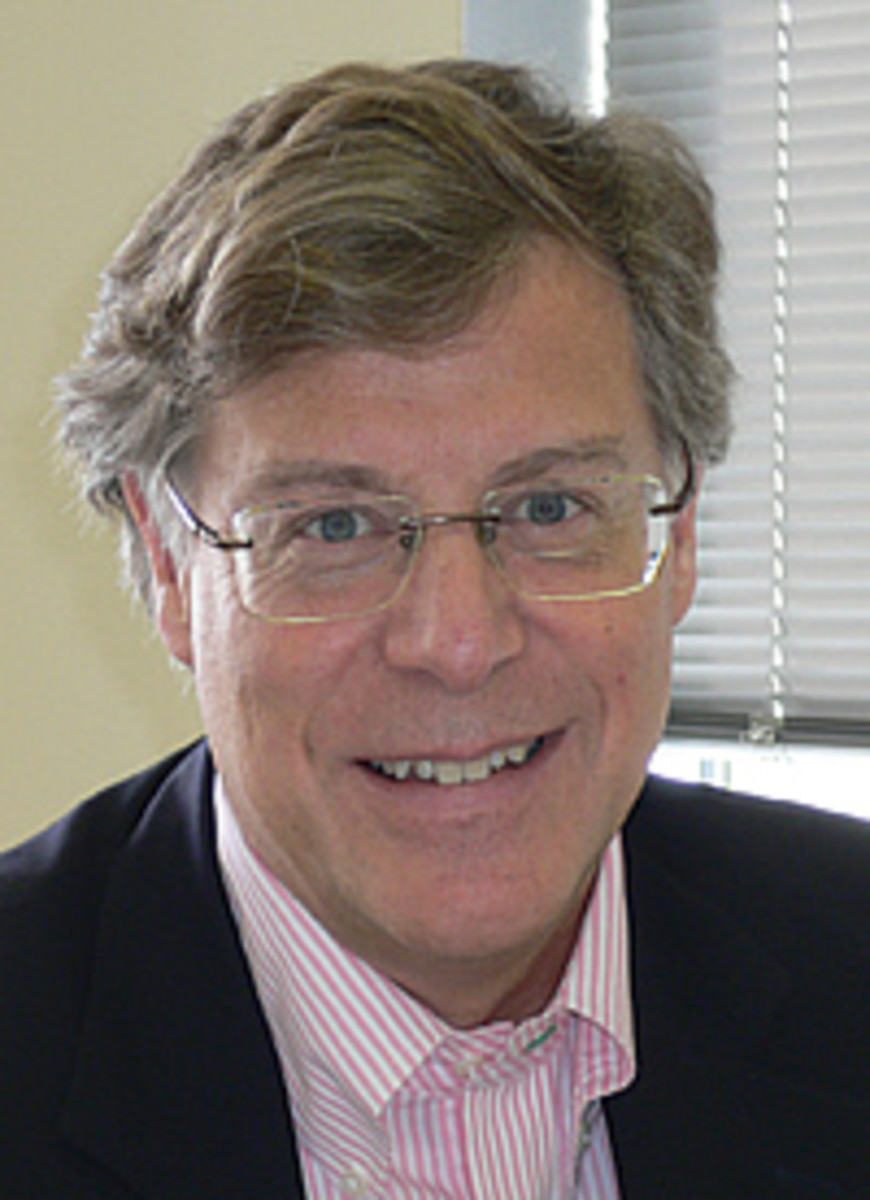
Most famously, it was Joe Flaherty who first propelled the notion of high-definition TV in the United States, calling up all his persuasiveness to rally engineering, business and then political forces to bring “advanced television” to American broadcasting. Under the aegis of the FCC’s Advisory Committee on Advanced Television Service (ACATS)—which he had lobbied to have created—he chaired the all-important Planning Committee, which set out the technical and operational criteria for what became, barely a decade later, the world’s first all-digital HDTV terrestrial broadcast system.
And during that time he gave time and attention to every advanced TV system proponent in order to solicit the best ideas; participated in every Advisory Committee meeting and activity; served on the Board and technical committee of the Advanced Television Test Center; spoke frequently to domestic and international gatherings about the television of the future; and lobbied Members of Congress, Commissioners of the FCC, and both White House and Federal agencies’ leaders on the need and means for a smooth, nationwide transition to the new system.
It will be impossible indeed to see and enjoy television at all without thinking often of the passion, commitment and contributions of Joe Flaherty to making it all happen."
The professional video industry's #1 source for news, trends and product and tech information. Sign up below.
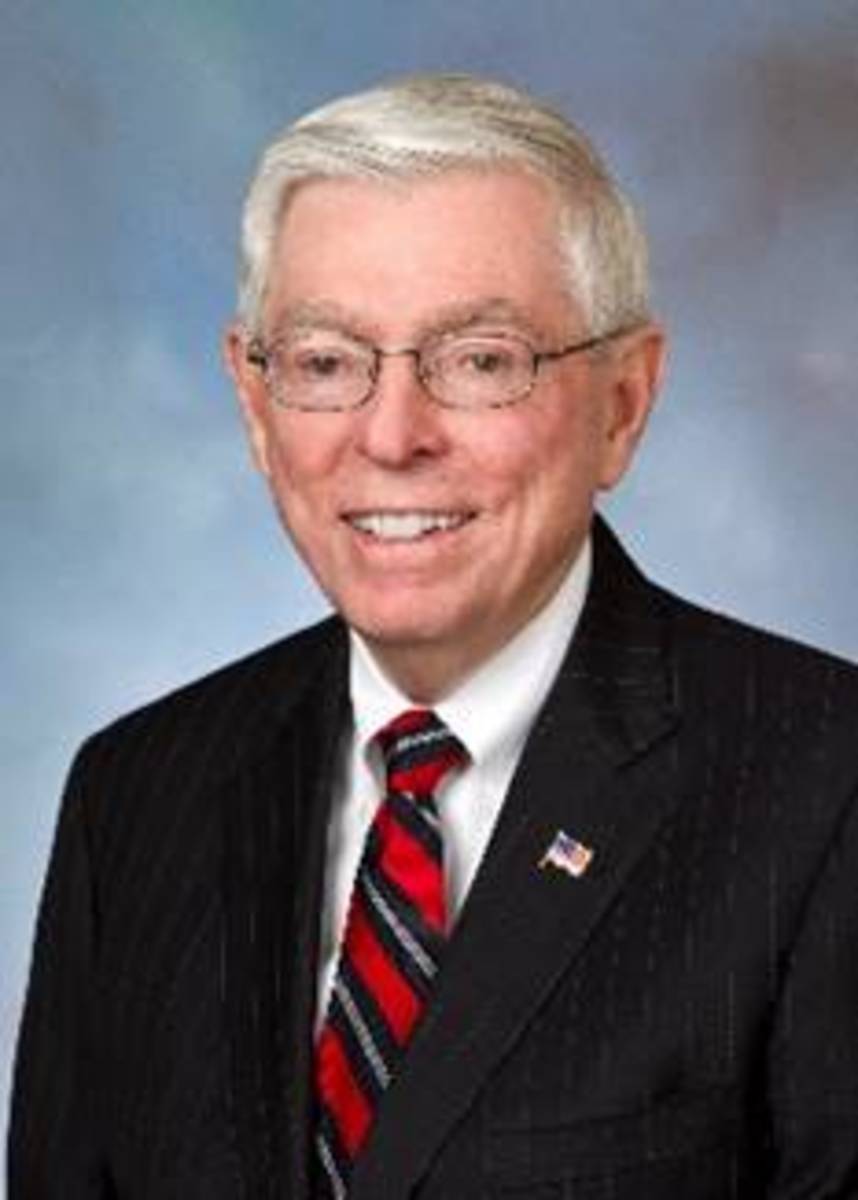
Richard Wiley is former chairman of the FCC, chairman of the Advisory Committee on Advanced Television and is partner at Washington, D.C., law firm Wiley Rein.
"I worked closely with Joe during the eight-plus years of ACATS (FCC’s Advisory Committee on Advanced Television Service). He always kept his eye on the end game—high definition television. We had people suggesting systems that were lesser than HDTV but that was never going to be satisfactory from his standpoint. He helped develop the rapid deployment of HDTV on a worldwide basis and I learned a lot by reading a number of his papers.
He was a true visionary and could find pragmatic solutions to the innumerable technical problems that we confronted during those eight years. For example, when we had to test these different systems, he went to the NAB to lobby for developing the Advanced Television Test Center—he was instrumental in getting it built.
I went with Joe on many international trips and everybody knew him, he was the ambassador for television at large. He was known worldwide and I don’t think anyone else had that status—he was a unique figure. He was soft spoken but determined. He might have ruffled some feathers from time to time but he had a dream. He and Mark Richer were the two engineers I relied on the most because they would always give me the unvarnished truth as they saw it."
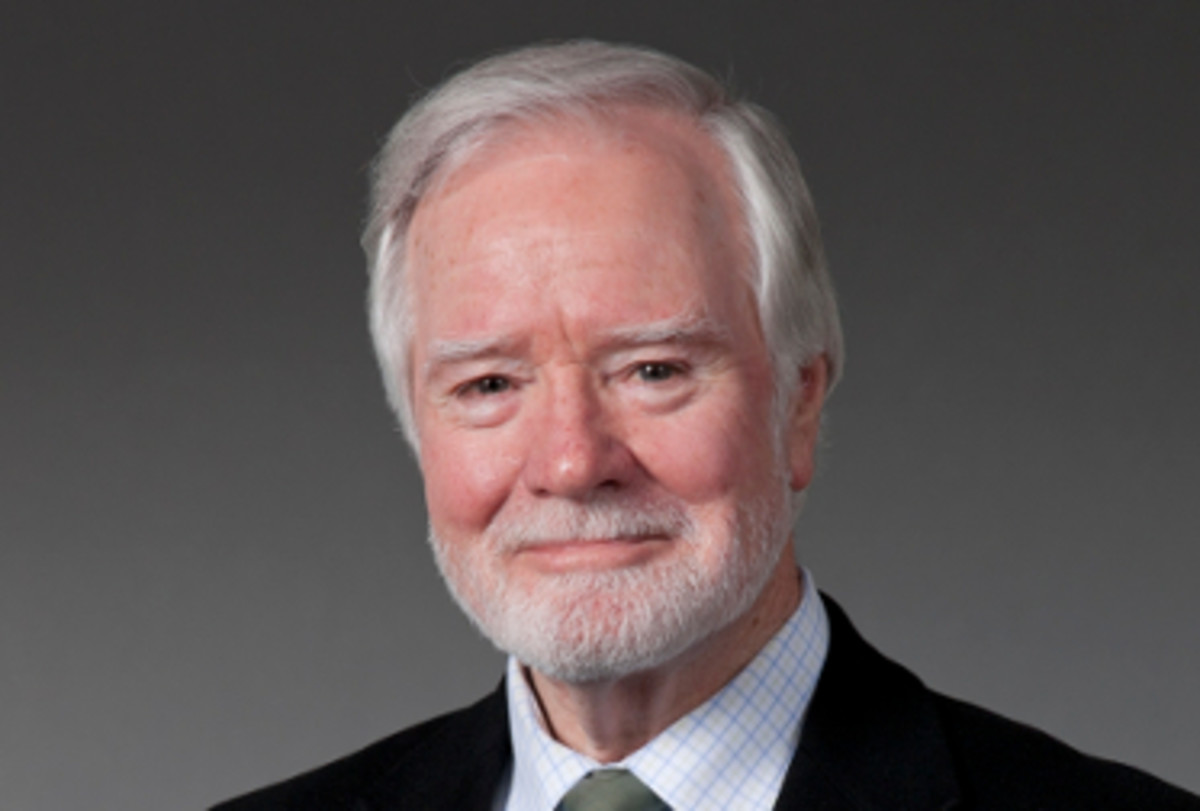
Larry Thorpe is Senior Fellow at Canon U.S.A. and spent more than 20 years at Sony Electronics pioneering the development of HDTV and digital production technologies in the U.S. broadcast and motion picture industries.
"My positive response at an initial meeting with Joseph Flaherty in the mid-1970s was probably the fact that we were both of modest physical stature. But I was soon to learn that his industry stature soared far above my own. Maybe it was my being Irish that formed the early bond between us (he regularly vacationed in Ireland). While that manifested itself largely in cordiality over the next decade whenever we sporadically met, it was to blossom into a working bond in the early eighties when then Dr. Flaherty learned that I was Masahiko Morizono’s point man on driving Sony’s HDTV agenda in the U.S. The very close relationship between those two giants was forged more than a decade earlier when Joe Flaherty’s drive behind electronic newsgathering was flanked by Morizono-san’s drive behind ENG cameras and recorders—first the Umatic and later the Betacam.
At a time when HDTV was looked askance at by most broadcasters, Joe Flaherty had instantly seen the future of video imaging and indeed the future of broadcasting. If he was relentless in his drive on ENG, he was positively titanic in his unwavering leadership on HDTV. His vision of 1080/60.00 as a potential worldwide HDTV production standard never faltered over the next decade and a half. I spent countless hours with Joe at endless formal meetings of the various HDTV standardization groups, the multiple strategy sessions within CBS, and supporting the never-ending demonstrations that he organized at every conceivable venue around the globe. While the latter could at times create tensions between us, Joe would always make things right with a fine-dining lunch or dinner.
Leadership emerges under various guises but Joe Flaherty based his on a sharply focused determination that was at times disguised by his remarkably quiet voice. Entanglements with the separate and competing HDTV agendas of European broadcasters, the computer industry, and Hollywood never daunted Joe. His international diplomacy was unwavering as he sought to persuade all to his mission of a unified HDTV standard. And indeed, Joe could be uncannily persuasive. The emergence of the worldwide 1080-line HDTV standard (albeit at international frame rates) is testament to his persistence.
I was sad to see Joe fade quietly from the world scene over the past decade—but impressed and heartened by the fact that he was in his eighties when he did start to withdraw. Everything he dreamed about over the past 50 years—from ENG to HDTV—are today colossal global realities. Joe Flaherty can surely rest in peace having left a legacy of jobs superbly done. Goodbye, my mentor."

Mark Richer is president of the Advanced Television Systems Committee.
"Dr. Flaherty’s lifetime commitment to the advancement of television technology was extraordinary. Among his many contributions to the industry was the pivotal role he played in the formation of ATSC in 1982. He served on the ATSC Executive Committee and Board of Directors until 2010 when he was named to the honorary “Member Emeritus.”
Dr. Flaherty’s unwavering commitment to the standardization of HDTV was contagious, motivating the industry to develop the highest quality system possible. He had the vision to understand that the specifications for HDTV should not be limited by the capabilities of the cameras and displays available at the time.
Joe pushed industry groups to establish long term strategies often quoting one his favorite proverbs, “If you don’t know where you’re going, any road will take you there.”
Tom has covered the broadcast technology market for the past 25 years, including three years handling member communications for the National Association of Broadcasters followed by a year as editor of Video Technology News and DTV Business executive newsletters for Phillips Publishing. In 1999 he launched digitalbroadcasting.com for internet B2B portal Verticalnet. He is also a charter member of the CTA's Academy of Digital TV Pioneers. Since 2001, he has been editor-in-chief of TV Tech (www.tvtech.com), the leading source of news and information on broadcast and related media technology and is a frequent contributor and moderator to the brand’s Tech Leadership events.

